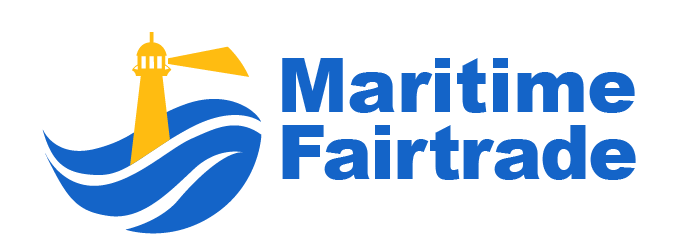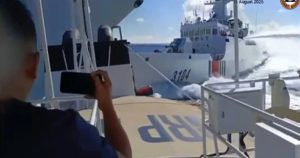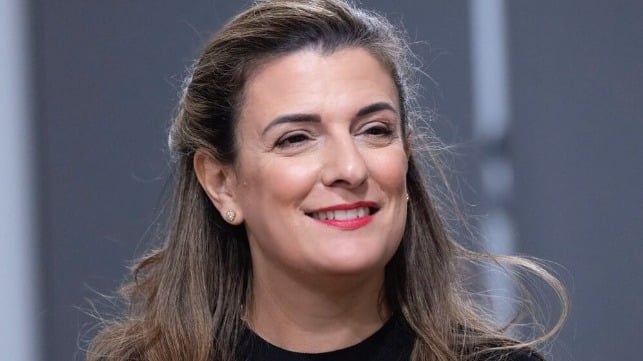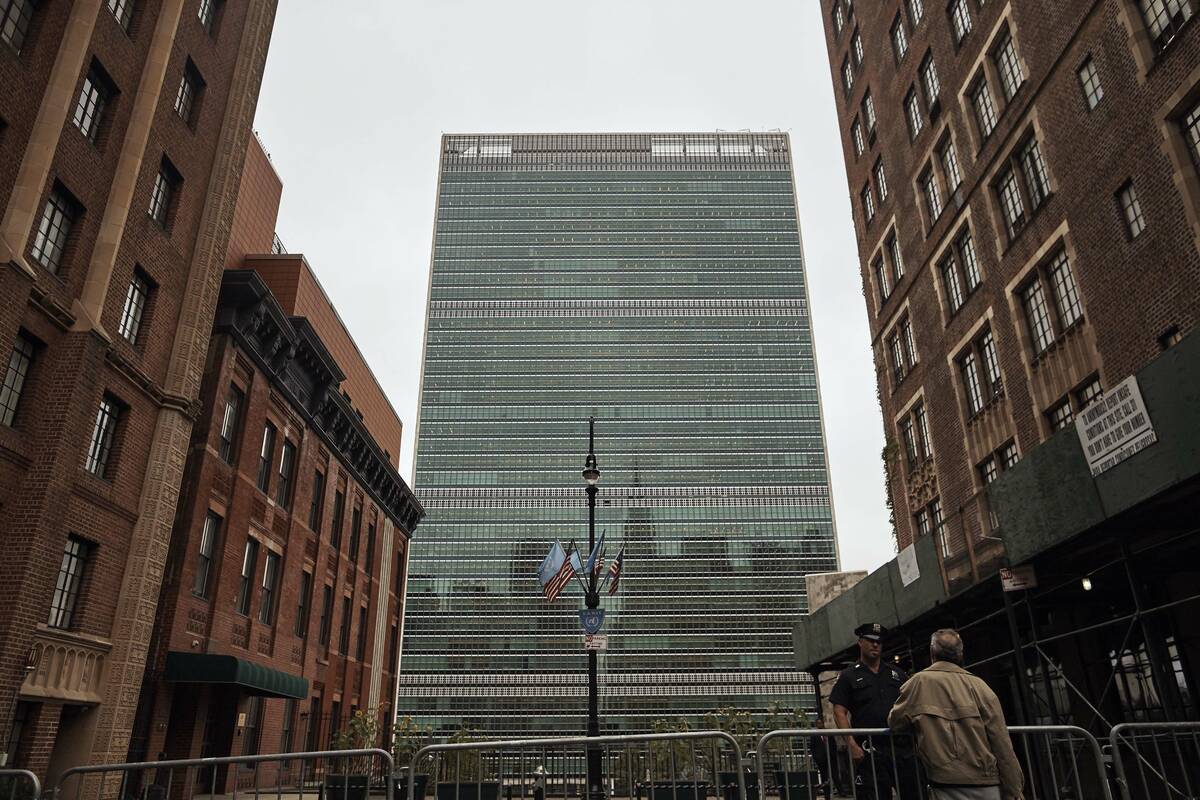A new simulation suite launched by Wärtsilä, a Finnish technology group, at the Akademi Laut Malaysia (ALAM) aims to enhance maritime training, equipping future seafarers with essential skills and knowledge. Officially inaugurated on July 17, this suite represents a significant advancement in maritime education in the region.
The suite features advanced technology, including a dual-fuel simulator that incorporates virtual reality (VR) for immersive training experiences. It provides varied technical simulators, comprising full-mission and multi-functional classroom setups for engine room and liquid cargo handling training. Notably, the navigation simulator includes a full-mission bridge with 270-degree visualization, dynamic positioning features, and extended reality (XR) training capabilities. Additionally, it offers simulations for the Global Maritime Distress and Safety System (GMDSS) and electronic chart display and information systems, alongside cloud-based options for blended learning.
Wärtsilä’s initiative is also geared toward future sustainable fuels training programs, focusing on fuels such as methanol and ammonia, essential to maritime decarbonization efforts. Manivannan Subramaniam, Chief Executive of ALAM, emphasized the importance of equipping students not just with technical skills but also with the ability to lead and adapt in a dynamic maritime sector.
Amidst the push for climate neutrality, training seafarers on handling new fuels and technologies has become crucial. From July 14 to July 18, the International Maritime Organization (IMO) and the German development agency GIZ conducted a “training of trainers” course on renewable power-to-x (PtX) fuels for shipping. This program focuses on converting renewable energy into sustainable fuels such as green hydrogen and ammonia, aimed at facilitating maritime transport decarbonization.
The IMO course targeted equipping trainers worldwide with knowledge to support the global transition to low and zero-carbon maritime fuels. Key topics included the impact of shipping on climate change, emerging fuel technologies, and strategies for national fleets’ decarbonization. Philipp Wittrock from the International PtX Hub noted that training experts from various countries helps translate global ambitions into actionable local initiatives, preparing nations for the future of shipping.
This year, the IMO’s Human Element, Training and Watchkeeping (HTW) subcommittee also adopted draft guidelines for training seafarers on vessels powered by alternative fuels and technologies. This initiative included ongoing efforts to improve access to information on seafarer medical certificates, the validation of revised training model courses, and the identification of fraudulent certificates.
In essence, the partnership between Wärtsilä and ALAM marks a proactive step toward enhancing maritime education, addressing both the industry’s evolving needs and the imperative for sustainable practices in the face of climate change. The initiatives undertaken reflect a collective commitment to prepare a skilled workforce ready to tackle the challenges of modern maritime operations.
Source link






